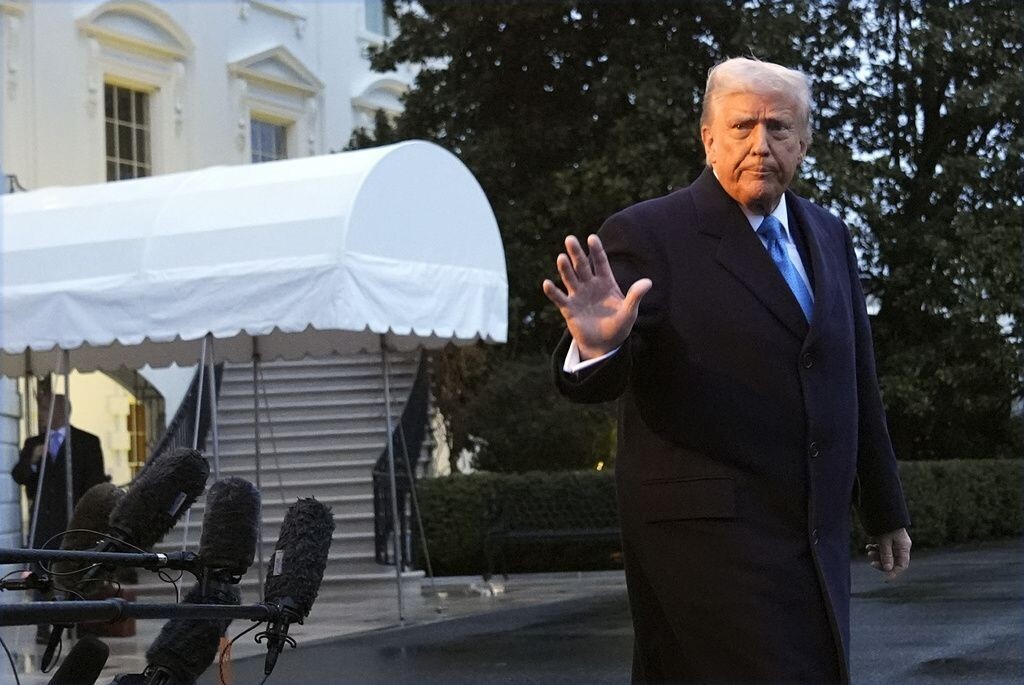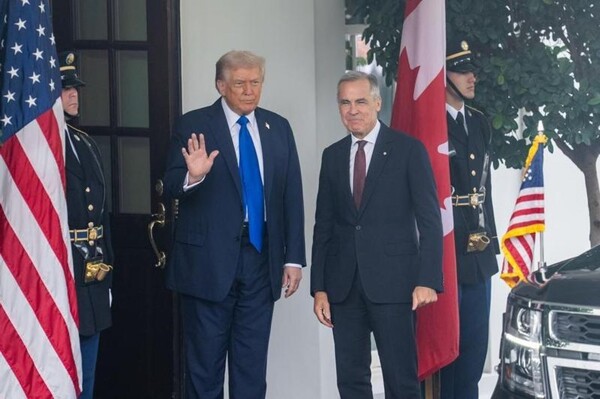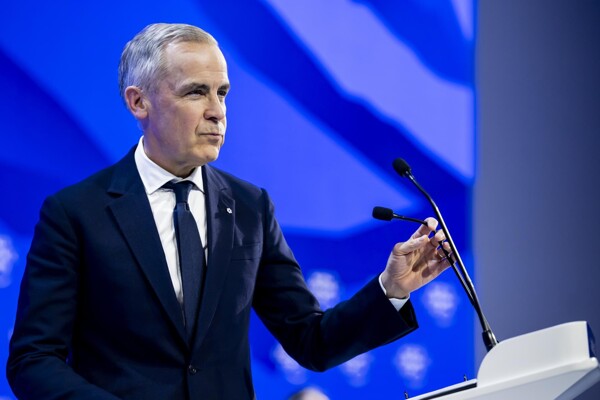
President Donald Trump has declared that the United States has unlimited energy, the capacity to manufacture its own automobiles, and a large reserve of wood. Despite these claims, the country imports a quarter of its oil from Canada daily. Trump has imposed a 25 percent tariff on Canadian goods, including a 10 percent tax on oil, natural gas, and electricity from the neighboring country. In turn, Canada has responded with 25 percent tariffs on U.S. products worth over 155 billion dollars.
In the midst of this situation, Trump has criticized Canada's trade surplus with the United States and suggested that the country does not need what Canada produces. Moreover, he has questioned the military protection provided to Canada. For its part, the Canadian ambassador in Washington has highlighted that the United States had a trade deficit of 75 billion dollars with Canada last year, emphasizing the importance of Canadian energy exports.
Mexico's President Claudia Sheinbaum has announced new tariffs in response to Trump's measures. She pointed out that the United States must address drug addiction within its borders. Additionally, Trudeau and Sheinbaum agreed to strengthen bilateral relations. In this context, China has expressed its intention to defend its economic interests and to file a complaint with the World Trade Organization.
Internally, the imposition of tariffs could generate political pressures regarding inflation in the United States. While the exact consequences of these measures are still unknown, potential losses for American households in income are expected, which would amount to a significant tax increase in the coming years. It is noteworthy that the impact of tariffs on the population may require a short-term solution to avoid greater economic harm.
In summary, trade tensions between the United States, Canada, Mexico, and China continue to escalate, generating uncertainty and adverse reactions in the international arena. The different actors involved are evaluating the consequences of these measures for their economies and seeking possible solutions to mitigate the negative impacts.













